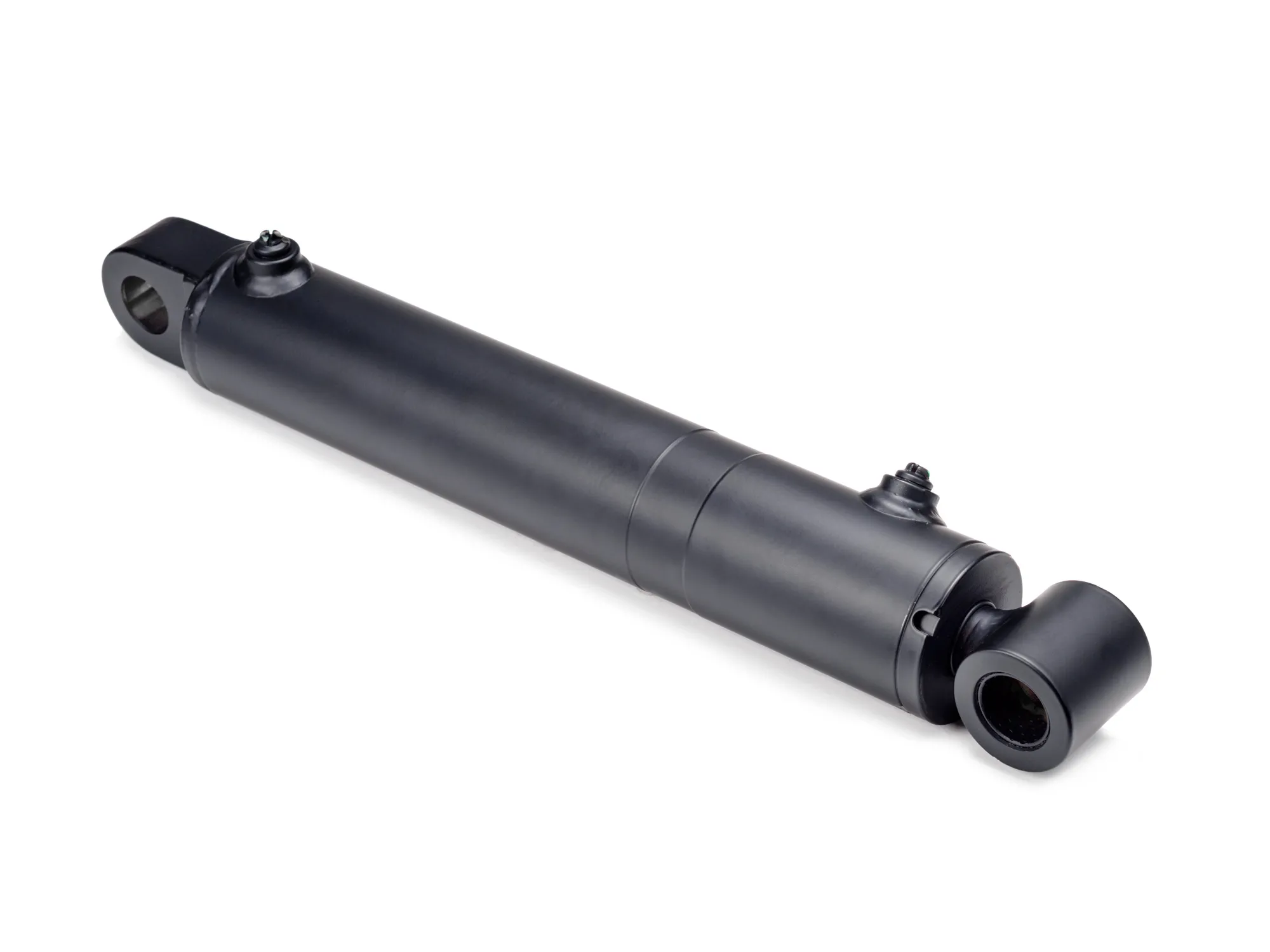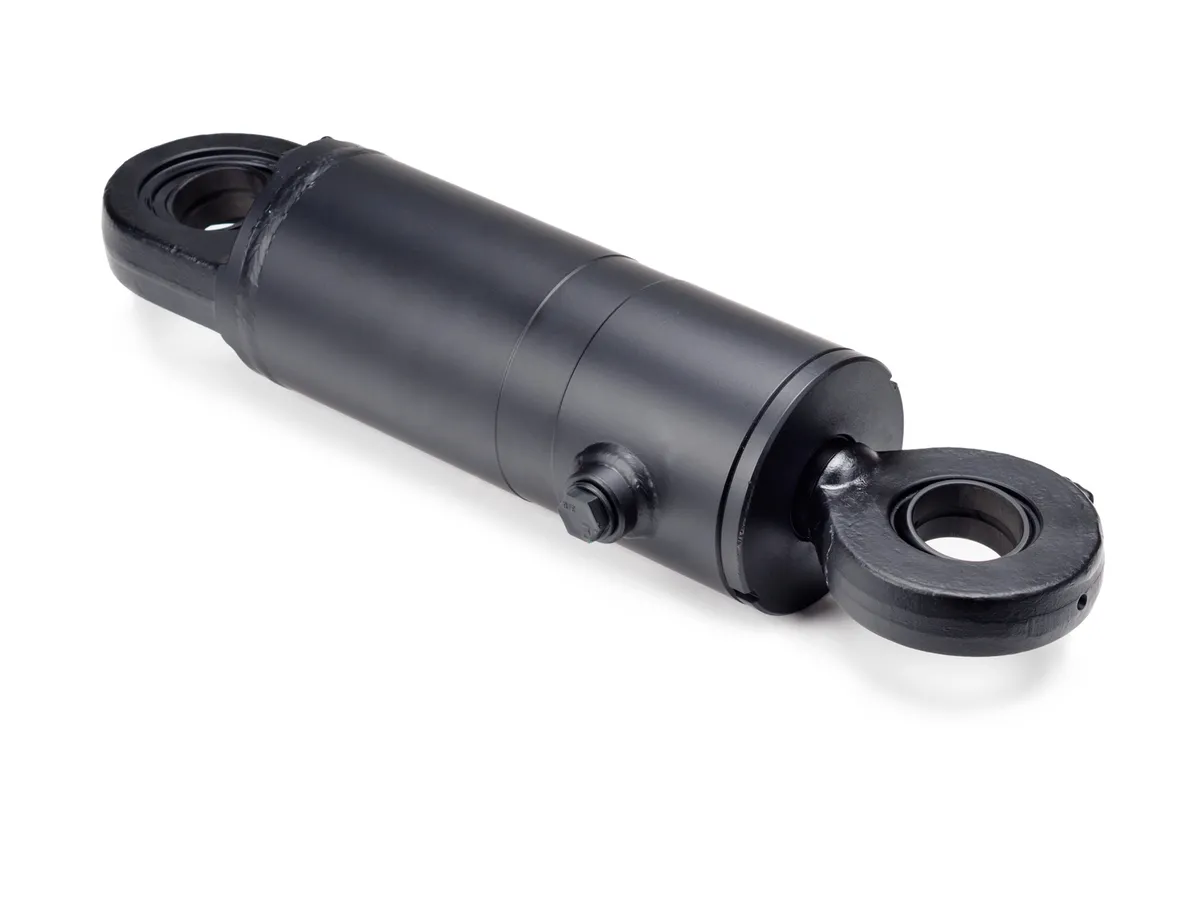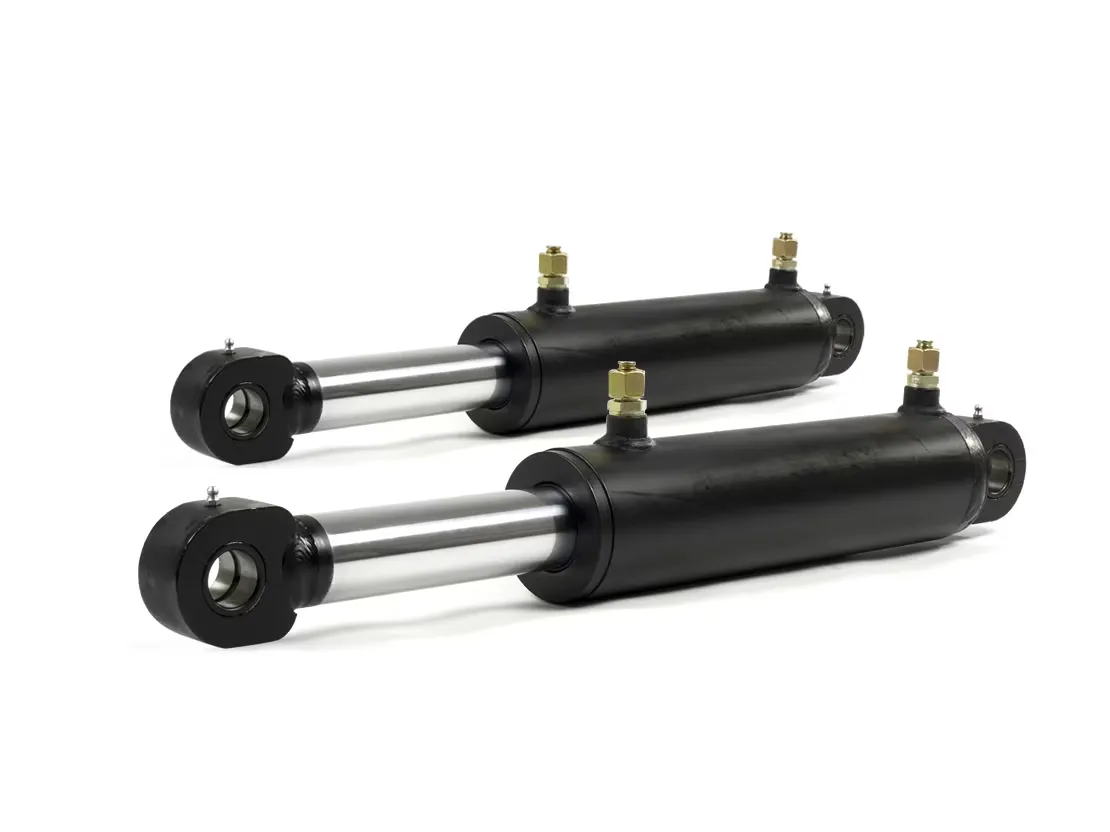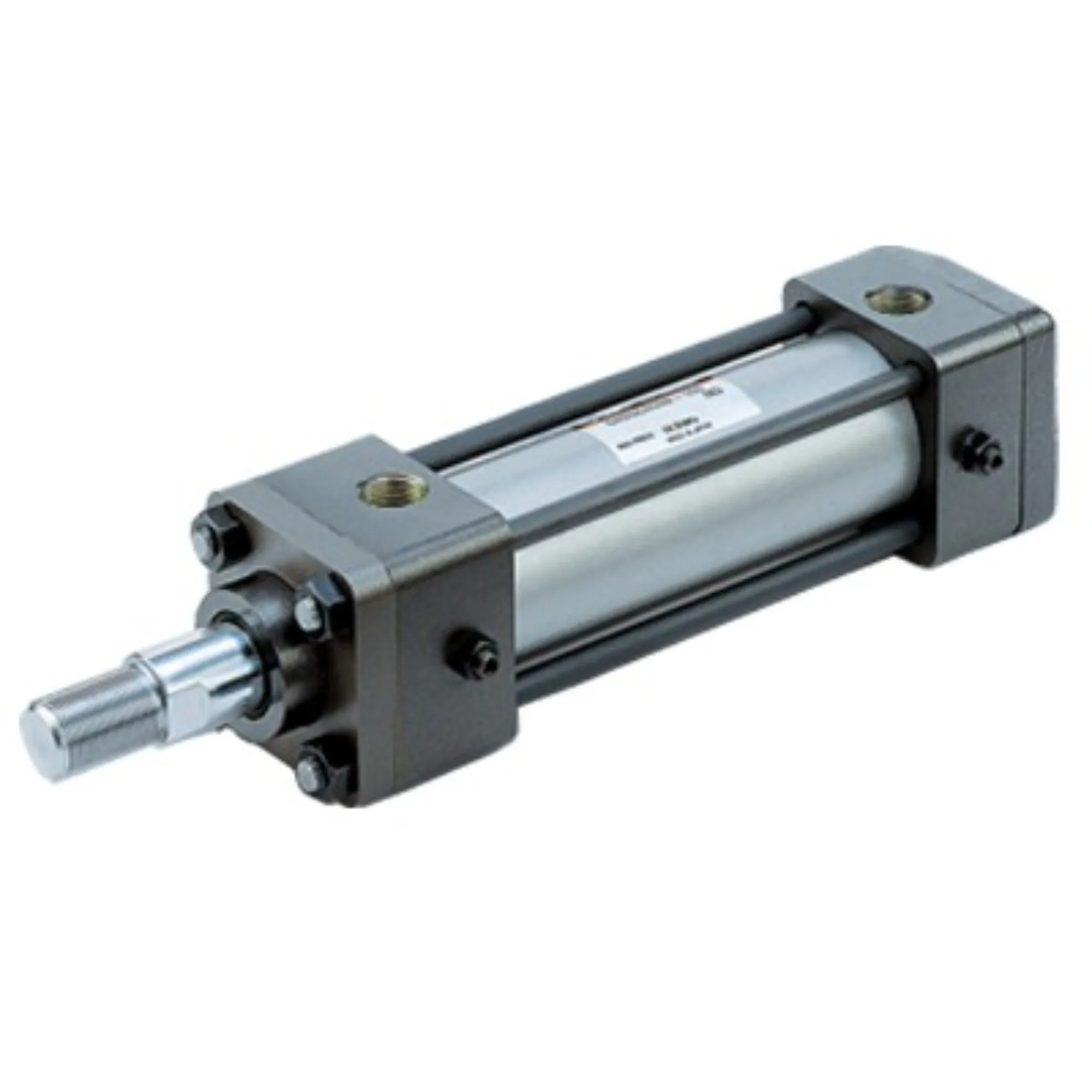The Comprehensive Guide to Spring-Return Single-Acting Hydraulic Cylinders
Introduction to Spring-Return Single-Acting Hydraulic Cylinders
Spring-return single-acting hydraulic cylinders are a type of hydraulic cylinder that utilizes hydraulic oil to extend the piston. When the hydraulic pressure is released, the integrated spring automatically retracts the piston.
Design and Construction Characteristics


- Single-Acting Structure: Operates in one direction with hydraulic oil pressure, while the return is dependent on the built-in spring.
- Spring Selection: The appropriate spring must be chosen to ensure quick and complete reset after pressure release.
- Sealing Design: High-quality seals are crucial to prevent oil leaks and maintain system efficiency.
- Strength and Durability: Material selection is vital to withstand high pressure and impact, often using high-strength steel.
Construction and Assembly Process
The assembly process requires precise alignment of components, especially the piston and cylinder block, to minimize friction and wear. Welding and mechanical connections should be robust to prevent oil leakage under pressure.
Working Principle
During operation, hydraulic oil extends the piston against the load. When the pressure is released, the spring mechanism retracts the piston to its initial position.
Three Types of Spring-Return Single-Acting Hydraulic Cylinders
There are three distinct types and configurations of spring-return single-acting hydraulic cylinders, each tailored to specific applications.

Key Benefits
- Safety – Automatic Reset: Enhances operational safety with automatic piston reset.
- Simplicity – Simple Design: Easy to understand, operate, maintain, and repair.
- Cost-Effective: Economical compared to double-acting cylinders, suitable for various applications.
- Flexible Operation: Adaptable for one-way thrust and simple reset applications.

Application Scenarios
- Industrial Machinery – Press: Improves production efficiency in mechanical pressing.
- Automated Assembly Line: Ensures stability during workpiece handling.
- Construction Equipment – Hydraulic Jacks: Provides safe lifting and support.
- Lifting Platform: Ensures safe vertical movement on construction sites.
- Agricultural Equipment – Agricultural Machinery: Controls operating components for efficiency.
Design Considerations and Selection Criteria
- Bearing Capacity
- Sealing
- Durability
- Safety
- Maintainability
Sealing and Lubrication
- Use of Seals: Piston seals, rod seals, and durable materials for wear resistance.
- Regular Lubrication: Ensure proper hydraulic oil levels for lubrication.
Regular Inspection and Preventive Maintenance
- Inspection: Regular checks for leaks, wear, and overall condition.
- Maintenance: Timely replacement of seals and components to prevent failures.
Correct Installation Guide
Proper installation involves precise alignment and secure attachment to prevent leaks and ensure optimal performance.
Maintenance Tasks
- Regular Inspection
- Proper Lubrication
- Seal Replacement
Safety Considerations
Implementing safety measures is crucial to prevent accidents and ensure efficient operation.
Fault Diagnosis and Common Problems
Identify and address common issues such as leaks, malfunctions, and performance deviations for optimal cylinder performance.
Unit Power
The unit power of a hydraulic cylinder impacts efficiency, response speed, and operational capability.
Optimizing Power Unit
Optimizing the power unit enhances efficiency, reduces energy consumption, and improves equipment reliability.
Frequently Asked Questions
Answers to common queries regarding spring-return single-acting hydraulic cylinders.
Long-Tail Keywords
Exploration of three specific long-tail keywords related to spring-return single-acting hydraulic cylinders.
Company Focus
Introduction to our company as a leading manufacturer and distributor of hydraulic cylinders.
Author: lyl
